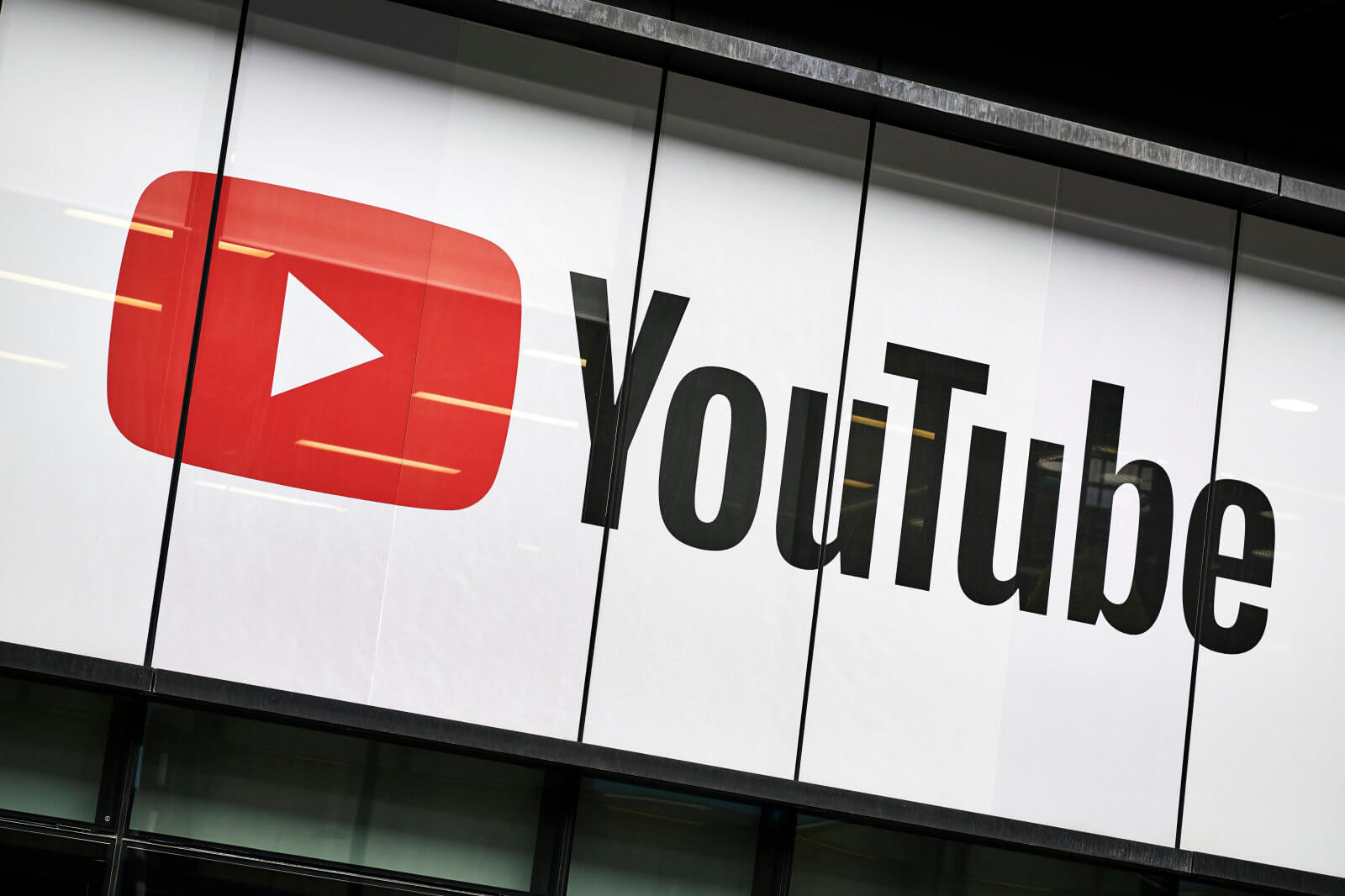Why it matters: YouTube's new verification system attempted to ensure that large channels were safe from impersonation but had the unintended consequence of removing other popular channels. YouTube's CEO issued an apology with a promise to address concerns but it's unknown how the company plans on mitigating yet another YouTube controversy.
Earlier this week, YouTube changed the way it verified channels. However, this had the consequence of revoking verification for many big YouTubers who depend on that verification to earn a living. It seems that YouTube may be going back on that decision as CEO Susan Wojcicki issued a public apology on Twitter:
To our creators & users-I'm sorry for the frustration & hurt that we caused with our new approach to verification. While trying to make improvements, we missed the mark. As I write this, we're working to address your concerns & we'll have more updates soon.
--- Susan Wojcicki (@SusanWojcicki) September 20, 2019
The changes were meant to ensure that only channels that truly had a need for differentiation were verified. While the company knew that some big creators would be affected, they believed the ends justified the means in order to delegitimize impersonation accounts. These accounts could easily get over 100,000 subscribers which is the former threshold to be considered for verification.
One of those affected was popular video game reviewer Jeremy Penter aka ACG. He has over 600,000 subscribers and was notified that his channel would be unverified. In a video to his subscribers, he talked about the potential consequences of being unverified, chief of which was losing access to review copies of games. For a video game reviewer, being able to get access to early copies of games for review is a major driver of content and revenue.
Wojcicki didn't go into detail about what changes YouTube was going to make but it's probably no surprise that YouTube went in this direction in the first place. Twitter temporarily suspended its verification process in late 2017 after backlash over white supremacist accounts being verified. Some users took that to mean Twitter's endorsement or legitimizing their views. Twitter CEO Jack Dorsey revealed on a Periscope livestream that the company wants all users to be verified.
Currently, YouTubers who have been told their channels would be unverified are able to appeal the decision. YouTube said it will try to manually review every appeal before the new policy is in place next month. However, with this new apology from the CEO, things may change.
Some in YouTube community have felt that the video platform is attempting to become more mainstream while slowly getting away from the grassroots nature of the platform. Hollywood celebrities and media personalities seem to get more billing on the front page than YouTubers who have built their channels from scratch. This was aptly demonstrated by the YouTube Rewind 2018 video that was almost universally panned for including celebrities who had no real affiliation with YouTube such as Will Smith, John Oliver, and Trevor Noah. Ironically, it's the most disliked YouTube video on the entire site.
It's unknown how this whole verification scenario will play out. YouTube has to balance the needs of its creators while making the platform more attractive for advertisers. Until then, the company continues lose the respect of the community it built.
